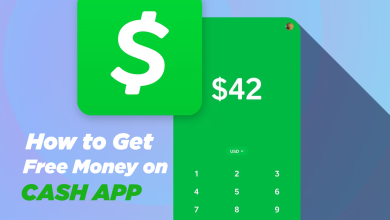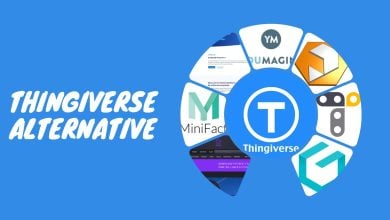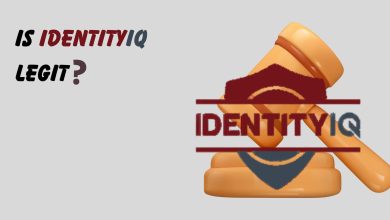How to Call Anonymously on iPhone & Android [2024]
- Anonymous calls offer privacy by concealing the caller's identity, allowing for discreet communication. They are important for safeguarding personal information, reporting sensitive matters, and protecting privacy.
- To make anonymous calls, use methods like dialing *67, anonymous calling apps, or services like Google Voice.
- Avoid misuse for illegal activities or harassment, and prioritize ethical and responsible communication.
Have you ever wondered how to call anonymously? It’s simpler than you think. Discover the importance of anonymity in communication and explore simple methods to keep your identity private. From using *67 to hide your number to employing anonymous calling apps, we’ll walk you through the process step by step.
Gain the confidence to protect your privacy in any situation. This guide equips you with the knowledge you need to make anonymous calls securely and efficiently. Dive in and take control of your anonymity today.

Table of Contents
Reasons for Making an Anonymous Call
You might want to make an anonymous call for various reasons, including:
- Protecting privacy and personal information
- Ensuring safety and avoiding potential harm or retaliation
- Whistleblowing on misconduct, illegal activities, or unethical behavior
- Seeking help or assistance for sensitive issues like domestic violence or mental health concerns
- Conducting research or investigations discreetly
- Maintaining confidentiality in professional settings
- Expressing concerns or feedback without fear of judgment or reprisal
READ MORE: How to Protect & Hide Your Browser Fingerprint in 2024 ➜
↪ Importance of Anonymous Calls
Anonymous calls are essential for protecting privacy and safety, enabling individuals to communicate without revealing their identity. They serve as a vital tool for whistleblowers to report wrongdoing and seek help for sensitive issues like domestic violence or mental health concerns.
By offering a shield of anonymity, these calls foster open dialogue and encourage individuals to express concerns without fear of retaliation. In essence, anonymous calls play a crucial role in promoting accountability, safeguarding privacy, and empowering individuals to communicate securely.
How to Call Anonymously
Here, we have described all the methods you can implement to make anonymous phone calls. Make sure to follow them in the chronological order and be patient. So, without any further ado, let’s get into it:
1. Use *67
By using the *67 prefix, you can maintain your privacy and prevent your phone number from being displayed to the recipient. Follow these steps to do so:
- Pick up your phone and access the dialing screen.

Dialing screen - Before dialing the recipient’s number, type in *67.

Type *67 - After entering *67, input the phone number you wish to call.
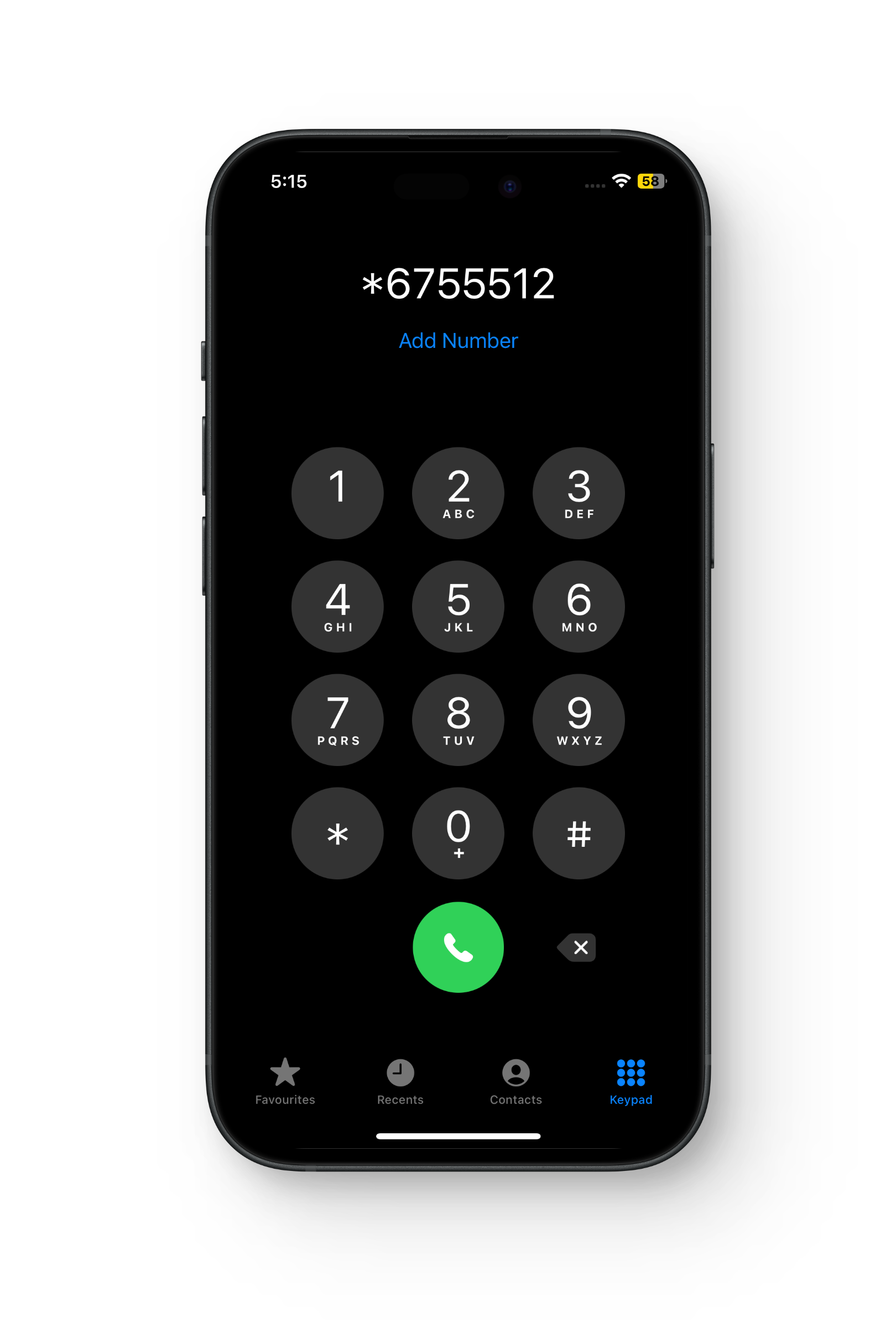
Dial the number afterward - Press the call button to initiate the call.

Tap on the call button - Your caller ID will be blocked, and the recipient will see “Private Number” or “Unknown Caller” on their display.
Remember to redial *67 for each call you want to make anonymously.
READ MORE: How to Hide your IP Address? ➜
2. Use Your Phone Settings
While using prefixes like *67 can help keep your caller ID hidden, it’s not foolproof. Forgetting to input the code before a call exposes your number immediately. To avoid this, you can hide your caller ID by default using your phone’s settings. Implement the steps described below to hide caller ID on your smartphone.
↪ iPhone
- Open the Settings app.
- Navigate to “Phone.”

Select Phone - Scroll down and tap “Show My Caller ID.”

Tap on Show My Caller ID - Toggle the function off.

Turn off the slider
↪ Android
- Navigate to the Settings app.
- Tap the Search option (magnifying glass).

Tap on the search button - Search for “Show your caller ID.”

Tap on Show your caller ID - Now, opt for “Never.”

Select Never
3. Use Google Voice
With Google Voice, you can conceal your caller ID for all outgoing calls. By setting this as your default option, it applies across all devices linked to the same Voice account, ensuring consistent anonymity regardless of the device used.
To be eligible for a Google Voice account, you must either be a US-based Google Account owner or a Google Workspace customer located in a specific regions.
Here’s how to permanently hide your caller ID on Google Voice on a mobile phone or PC:
- Open the Google Voice app or navigate to https://voice.google.com/.
- Tap the Menu icon (≡) in the top-left corner and select Calls.

Select Calls - Toggle on “Anonymous caller ID.”
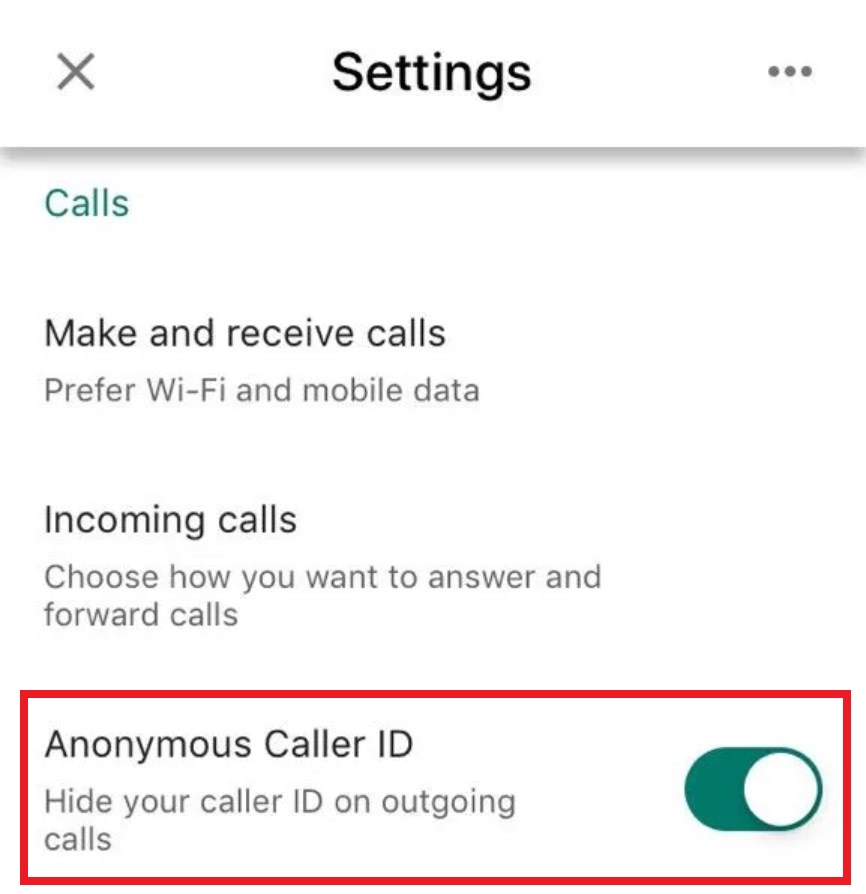
Toggle the slider | 9to5Google
By following these steps, you can enjoy the benefits of Google Voice while maintaining your privacy and anonymity during calls.
READ MORE: How to Fix Google Voice Search Not Working on PC ➜
4. Use Anonymous Caller Apps
You can also make anonymous calls through specialized apps designed for this purpose. These apps offer convenient ways to maintain privacy and security while communicating, especially for those who prefer not to disclose their personal phone numbers. Here are a few options:
i) Hushed
Hushed allows users to generate temporary phone numbers for making calls and sending texts. It offers features like call forwarding, voicemail, and customizable voicemail greetings.

ii) Sideline
Sideline provides users with a second phone number for calling, texting, and voicemail. It offers business-oriented features such as auto-attendant, team messaging, and voicemail transcription.

iii) Burner
Burner allows users to create temporary phone numbers that can be used for calls, texts, and voicemail. It offers features like call forwarding, auto-reply messages, and integration with various apps and services.

READ MORE: How to Block Adult Websites on Your Phone Forever ➜
5. Utilize Traditional Ways
When it comes to anonymous calling, traditional methods still prove effective. Consider the following:
↪ Burner Phone
A burner phone is a prepaid mobile device that allows users to make calls without linking them to their identity. These phones can be purchased without contracts and are often used for temporary communication needs while maintaining anonymity.

↪ Payphone
Despite the decreasing prevalence of payphones, they still play a role in providing an anonymous and convenient means of communication. With approximately 100,000 operational payphones in the United States, their continued existence highlights their relevance.

They offer a truly anonymous means of making calls. By inserting coins or using a calling card, you can communicate without leaving a digital trail or revealing personal information. But be mindful of the location you are placing the call from to ensure privacy and safety.
Risks Associated With Making Anonymous Calls
It’s crucial to understand the potential implications and challenges that come with maintaining anonymity in communication. Here are some key points to consider:
- Misuse of illegal activities or harassment.
- Potential legal consequences if used for unlawful purposes.
- Difficulty in tracing emergency calls, which may hinder response efforts.
- Risk of retaliation or backlash if anonymity is compromised.
- Exposure to phishing or scam attempts, such as anonymity, can be exploited by malicious actors.
- Potential damage to personal or professional reputation if used inappropriately.
- Loss of trust and credibility in communication, especially in sensitive or professional contexts.

READ MORE: How to Tell If Your Phone is Tapped – Guide to Staying Safe in 2024 ➜
Final Words
In conclusion, in our digitally interconnected world, safeguarding your identity during communication is paramount. Whether you’re protecting sensitive information or simply valuing your privacy, learning how to call anonymously is a valuable skill.
By using these techniques responsibly, we can navigate the digital landscape with confidence, ensuring our safety and contributing to a more secure online environment for all. So next time you need to reach out discreetly, remember these techniques to make your call without compromising your identity.
FAQs
Many anonymous calling apps offer free versions with limited features, while premium versions may require payment or subscription fees for additional functionalities.
Tracing anonymous calls can be challenging and may require cooperation from service providers and law enforcement agencies. However, there are technologies and methods available for tracing calls in certain situations.
In most cases, making anonymous calls is legal. However, certain jurisdictions may have regulations regarding anonymous communication for specific purposes.
It depends on the specific app and its privacy policy. Some anonymous calling apps may record calls for quality assurance or legal compliance purposes, while others prioritize user privacy and do not record calls.
Many smartphones and landline phones offer the option to block calls from withheld or anonymous numbers. Check your device’s settings or contact your service provider to enable call blocking features.
 Reviewed by
Reviewed by 